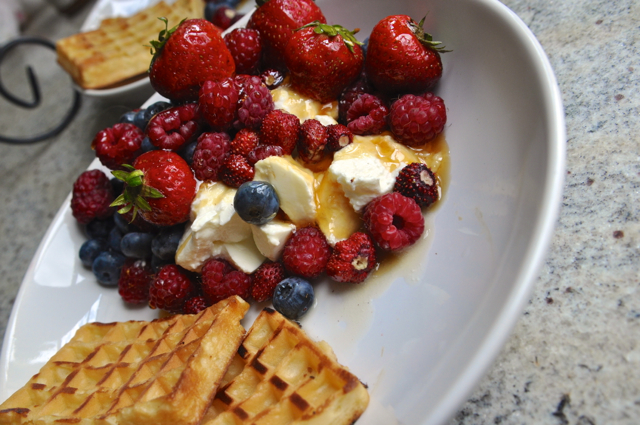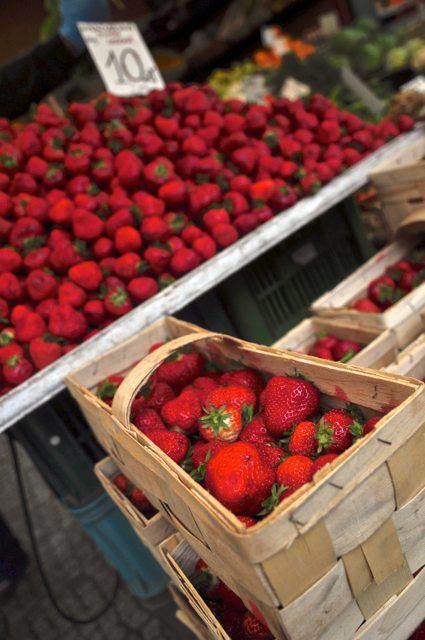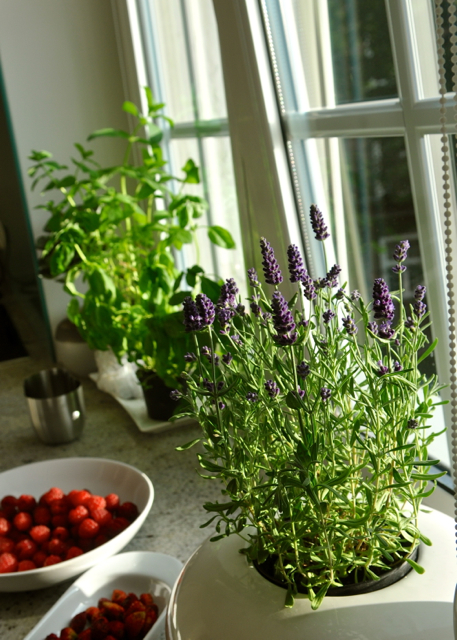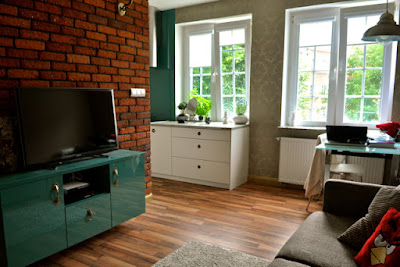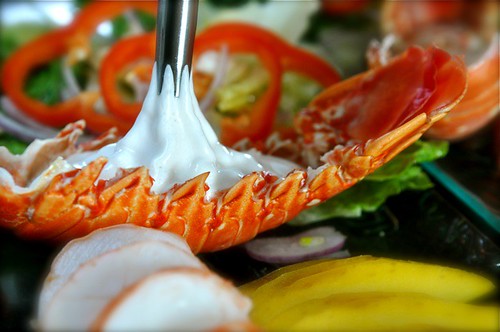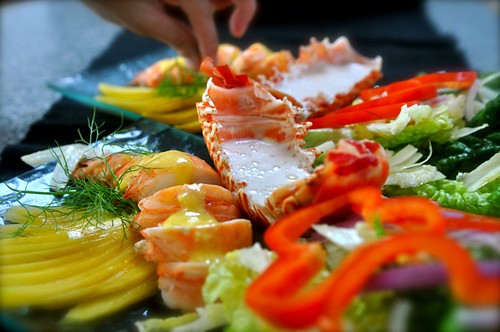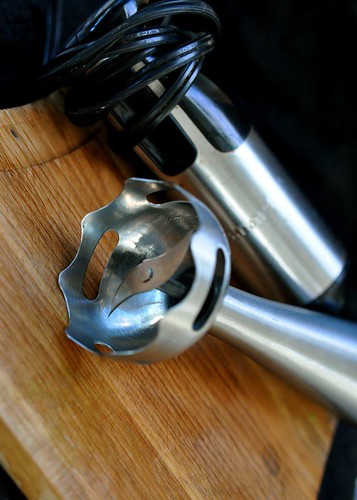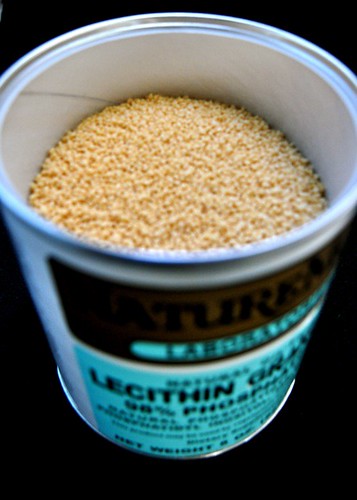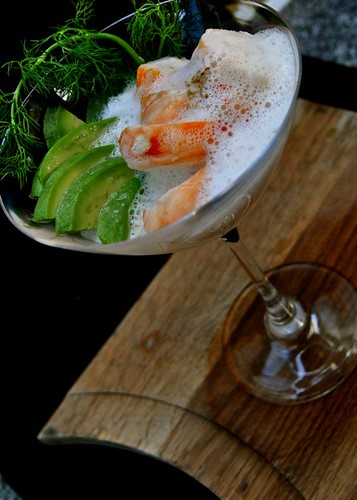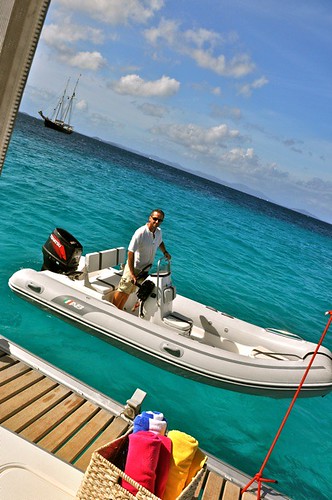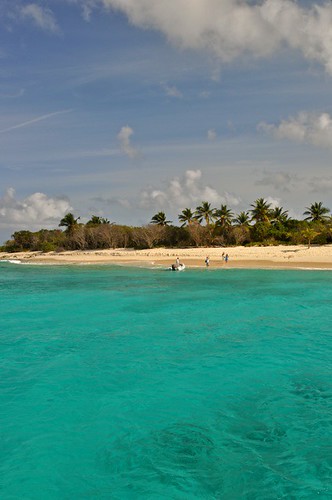 |
| cranes near our dock |
The day is overcast; against the flat grey sky, the articulated skeletal limbs of cranes move slowly, as if numbed with cold. The weather suits the place, which on superficial inspection appears to be a great heaped junkyard—a grave of robot bones, vast warehouses filled with little more than dusty light and populated only by crumbling piles of plastic refuse, remnants of hoses like dead snakes on the floor, walls patched with fading posters of women with glossy open mouths. Layered traces of old grafitti emerge from the peeling shreds of newer ones. There is every shade of drab, from oxidized ferrous russet to mossy copper viridian to soot-stained lead. It is as if the clean outlines of a
Charles Sheeler painting had been filled in with the raucous visual textures of
Robert Rauschenberg. A pair of incongruous white swans glide as gracefully upon the dull green canal as if it were a pristine lake.
This is Stocznia Gdańsk, the historic shipyard built on a sluggish canal of the river Martwa Visla (the aptly named "dead Vistula") which empties into the Baltic Sea. To this day, perhaps precisely because its modern industry lives both on the surface of and in-between the undemolished relics of its former life, a ramshackle grandeur suffuses even the disused tram tracks burrowing into the chipped and sprouted cobblestones, and lends a sort of apocalyptic glamour to the rusting abandoned pipe systems that rear abruptly against the sky like mechanized robots from a 1950s science fiction film. Their great welded joins must once have safeguarded the passage of oil and gas through the labyrinth of pipes that fed the industrial beast of old. Now, many of them carry only echoing wind and history.
But on the rare sunny day, the working cranes can look almost festive against a surprisingly blue sky, as they come alive with explosive insectile creakings. A row of dwarfish metal blowers guards the front lines of a troop of of taller machines—a squat robot army with large blank heads standing sentry over their discarded former demesne. The machines have not won, after all; humans now occupy the day. Unusually, there seem to be as many women as men here, all clad in an Orwellian uniform of dull overalls, swarming purposefully over the hulks and shells of pleasure-boats in the making.
Walking in the shipyard, each step kicks up a small puff of storied dust that settles back into the ground or on the strewn debris, powdering them with a protective sprinkling of drab. And yet in shaded corners and on the ragged periphery, the trees—tender of leaf and sweet of bud—are reminders that this is Maytime. Cheerful weeds like the bright yellow dandelions—
pisse-en-lit, as the French call them—push determinedly between cracks in the paving. They grow so lush that one morning, we arrive at the shipyard and see them being mown down. The air is faintly peppery with the smell of their dismemberment.
I like being here in the spring, imagining (probably inaccurately) that some of these walks take me through the very grounds where the thousands of workers of the Solidarność movement also walked; I like thinking that from here, the dominoes began to fall, and the oppressive former regimes of Eastern Europe began to crumble away—a giddy thought. It makes me think of the other side of the world, of the other spring of liberty awakening, albeit more painfully, in countries as isolated from hope as this one may once have been. So it all changes.
Omnia mutantur nos et mutamur in illis. Everything changes, and we change with them. Here in Poland, with cold yellow clouds above me, surrounded by the sweet steely fumes of solvents and the urgent whispered conversations of shipwrights and electricians, our former Caribbean life shrinks into the distance. Yet it was only forty-seven days ago when the Captain and I were crouched over the laptop in our cabin, while our charter guests were off snorkeling the gentle blue waters nearby. A stray patch of sunshine fell across the computer screen. The email we were re-reading offered us a job on a new 70' catamaran chartering the Mediterranean in the summer months followed by a transatlantic voyage and the winter months chartering the Caribbean. We looked at each other one more time, a silent question, asking,
Are you sure? Are we sure? He nodded. A drop of sweat trickled down my arm as I moved the keyboard towards me. I typed out our answer and clicked the "Send" button with a smart nervous flourish.
Yes, I had written,
yes we will, yes.
 |
| old pipe systems |
 |
| disused cranes in front of the office |
 |
| a robot army |
 |
| another view |
